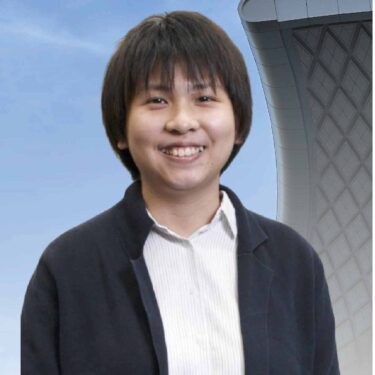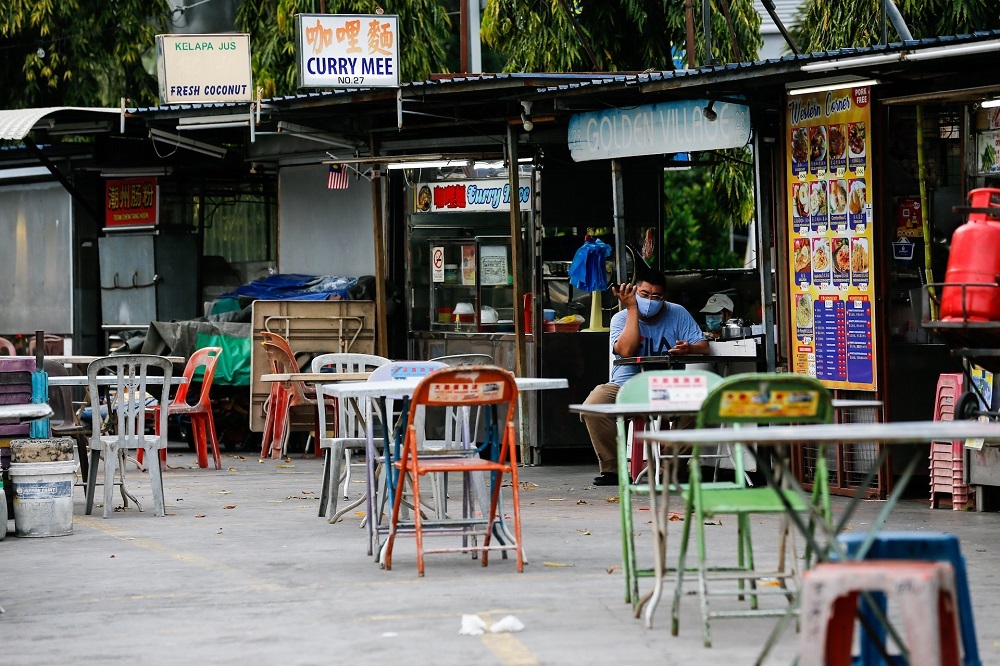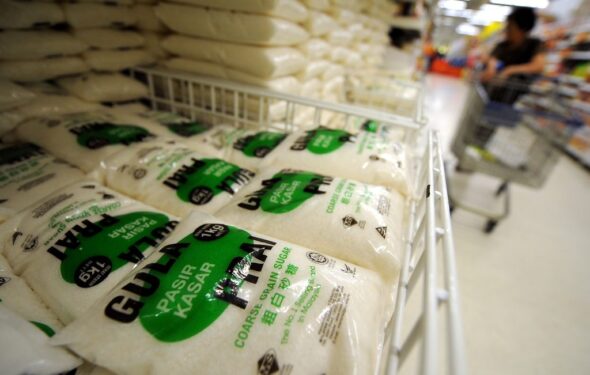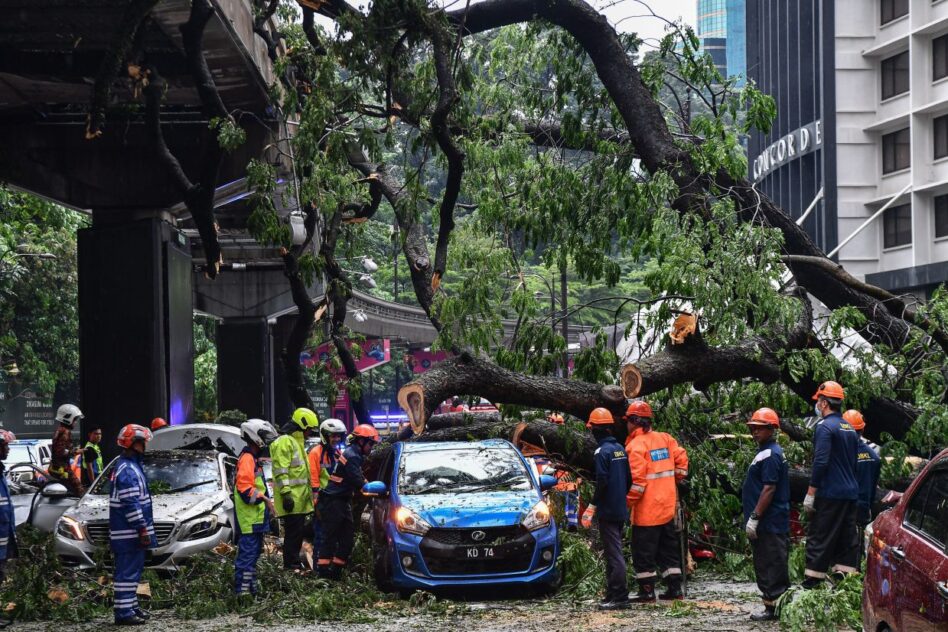THE NUMBER of hawkers making ends meet on the streets in the Klang Valley increased by more than 200% during the COVID-19 pandemic due to low barriers of entry and since hawking is considered by many to be an alternative to formal employment.
This was revealed in a new study by the Maybank ASEAN Research Centre (ARC) at the Asia School of Business (ASB), which sought to take an in-depth look and analyse Malaysia’s hawker culture.
Its findings, based on research conducted in 2021 during the peak of COVID-19 and the first Movement Control Order (MCO), unearthed a dataset spanning almost a decade’s worth of locations of hawkers in Malaysia and explored the understanding of the basics surrounding their businesses and how they access to credit.
The study, which saw the use of machine learning, artificial intelligence (AI), surveys and interviews, also revealed the impact of COVID-19 on their operations and their livelihoods.
During a recent launch event at the Asia School of Business campus, ARC researchers shared their insights and findings with an audience of industry experts, academics, policy-makers and the public, highlighting the cultural importance of hawkers in Malaysia.
The launch event shared three new research findings by research associates Shenyi Chua, Kar Yern Chin and Fatin Nadhirah Jamalolail – Hawker Livelihood During the Pandemic, Mapping Hawkers in Malaysia Using Machine Learning and Collective Agency of Hawkers and Roles of Hawker Organisations, respectively.
As part of her research, Chua coupled quantitative and qualitative analysis to explore street hawking as a business in the Klang Valley, business owners’ perception of credit and their overall experience in terms of business operations, livelihood and well-being during the pandemic.

Among others, Chua found that many hawkers received limited support externally and were mostly self-reliant in order to stay afloat during the pandemic, even though they were unable to operate as usual.
She also concluded that a majority of them reported a loss of profit, with 40% having to temporarily close their businesses due to regulations put in place during the first MCO lockdown in March 2020.
Struggling to make ends meet
Additionally, while many hawkers were able to cover their costs with sales, 30% struggled to make ends meet.
On the other hand, Chin’s research conducted an exercise of mapping hawker distribution across Malaysia using machine learning, computer vision tools and street image data.
Dubbed the research centre’s first foray into supplementing research with machine learning, the study sought to calculate the number of hawkers there are in the Malaysian peninsula – and if entire hawker communities can be mapped out.
Fatin’s research saw the use of qualitative data from interviews to study the collective agency of hawkers and the role of hawker organisations, noting that these groups could benefit from decentralisation as it can be utilised in terms of privatisation.
She further observed that decentralisation would help delegate certain roles and responsibilities to better represent street hawkers, consequently improving their well-being.
The subsequent panel discussion provided commentary on the flagship research while exploring how the Malaysian hawker community can be supported and noting the value of nostalgia in regard to street culture.
“That’s why we keep going back to the hawker stalls even after more official spaces have been provided,” said freelance writer and journalist Foong Li-Mei with regard to how hawkers play a role in the social fabric of Malaysian society.
Meanwhile, former Bangi MP Dr Ong Kian Ming, who opened the launch event with a keynote speech, thanked the ARC for spearheading such a research initiative, adding that he was “quite encouraged” to see how it has grown over the past 10 years.
Headed by Dr Melati Nungsari, assistant professor of economics at ASB and ARC faculty director, the ARC aims to be the centre of intellectual activity in ASEAN by conducting impactful research on topics surrounding emerging markets in the region. – Oct 23, 2022
Main photo credit: Malay Mail










